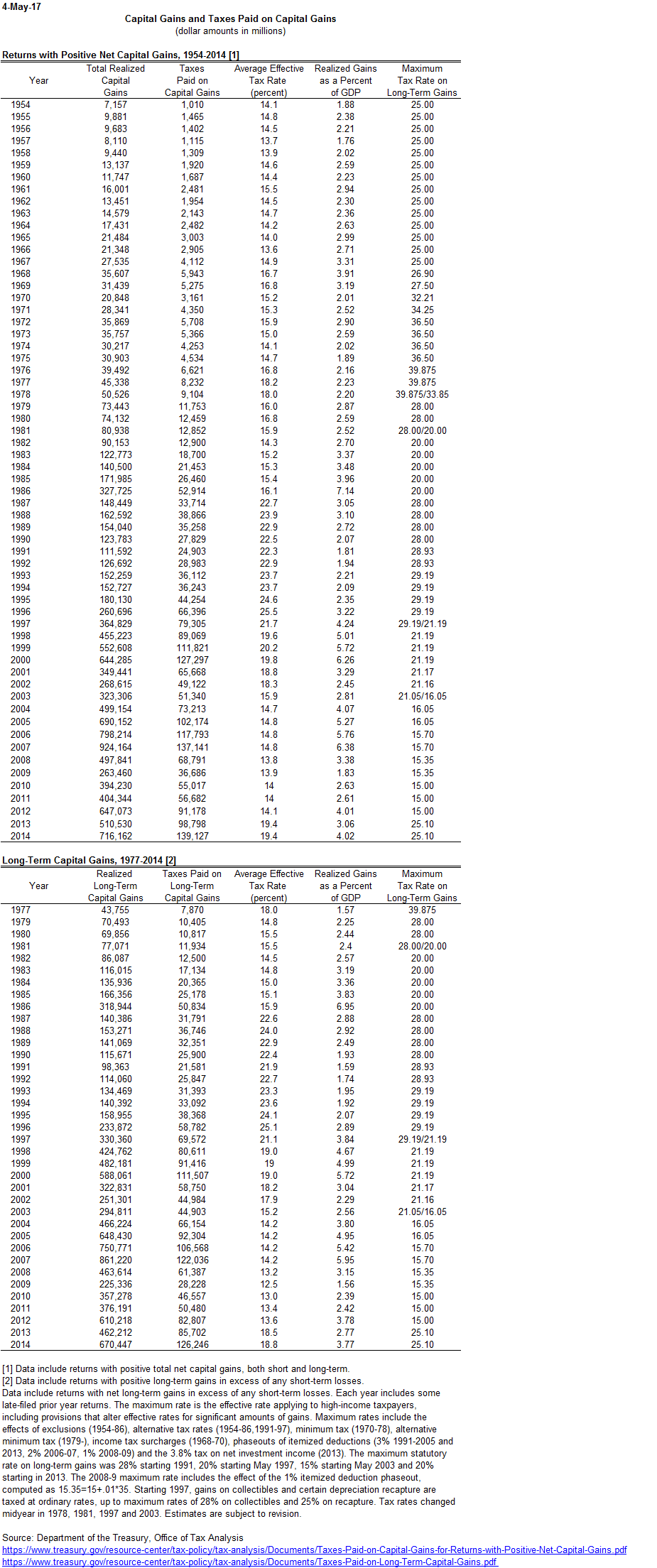- Joined
- Jun 18, 2016
- Messages
- 22,220
- Reaction score
- 7,948
- Gender
- Undisclosed
- Political Leaning
- Undisclosed
Your final thought was this:
"What is also well documented is the fact that the US unemployment ratio has improved 1970 to 2013 from 57.4 to 67.4.
That covers the period of time of “The flow of companies, manufacturing and jobs from the US to other countries.”
Those nations, about a dozen or so, with better ratios as of 2013, have not but for one or two improved so much."
First, your statement is wildly inaccurate. The participation rate in 2013 was not at the level you have conjured. You overstated the number from December, 2013 by about 5 points. This was down by about 1 point from January same year. Your 1957 number seems to be about right. However, in the intervening years, the US participation rate was at the 67.+ area in the late 90's. Unless you were born yesterday, you would know that the widespread rise of the two income household started in the later 60's early 70's. That changed everything in regard to the participation rate.
Also, the world was changing around us as we changed with it. After most countries were bombed into rubble during WW2, we were left pretty much untouched. The US profitability was pretty much the result of being the only game on the planet. That changed during the Eisenhower Administration's years as we started to see cars with foreign nameplates and many other foreign originated products sold in our cities.
Your agenda driven selective omission of fact seems intended more to deceive than to inform. Your thoughts on this?
Now, are you seriously asserting that lowering the taxes on US companies will not provide incentives for them to remain in the US or to expand in the US?
Your new assertion is that greater profits and higher stock prices depresses employee compensation. Interesting. Conversely, then, it would follow that lower profits or perhaps no profits and going out of business would increase employee compensation. Not likely.
Employee compensation, like everything else for sale, is a market driven commodity. If there is more labor available than needed, the value goes down. If there is less labor than needed, the value goes up. This is not rocket science.
A humming economy that is using all of the qualified workers already will need to increase compensation to attract workers.
THAT is what Trump is trying to produce.
Why are you campaigning to keep wages low?
https://www.bls.gov/news.release/archives/empsit_01102014.pdf
https://fred.stlouisfed.org/series/CIVPART
Thanks for the correction on the data. Still, it doesn’t change my point. As of August 2017, the labor participation rate was 62.9. That is still considerably higher than the 57.4 of 1970, being a 9.6% difference.
“Two-income” households do not explain, nor have you given data to refute, that:
…considering other factors in what results in after-tax profits, “high” corporate tax rates are offset with the ultimate outcome being in the benefit of corps. AND
Show me the proof that tax breaks, as you imply, bring in large corps or keep them from moving out at a benefit to the given city.
“Also, the world was changing around us as we changed with it.”, etc.
You're attempting to make other points without addressing the points I’ve made.
I’ve given you factual statements, with one data correction, that support the points I’ve made. Try to address each point.
“Now, are you seriously asserting that lowering the taxes on US companies will not provide incentives for them to remain in the US or to expand in the US?”
I’m seriously asserting that you haven’t provided any such proof to the point: “Show me the proof that tax breaks, as you imply, bring in large corps or keep them from moving out at a benefit to the given city.”
“Your new assertion is that greater profits and higher stock prices depresses employee compensation. Interesting. Conversely, then, it would follow that lower profits or perhaps no profits and going out of business would increase employee compensation. Not likely.”
I never said any such thing. I’m saying that greater corporate profits have not been shared with the employees. Your binary extreme is your own concocted scenario.
Show me the proof that as available labor goes down, relative employee compensation goes up. Your axiom is false. Employee compensation as a % of GDP has steadily gone done over many years, regardless of % employed:
https://fred.stlouisfed.org/graph/?g=2Xa
Why are you falsely attributing to me what you I've not said? Really? I think the minimum wage, federal and by state, should go up.

